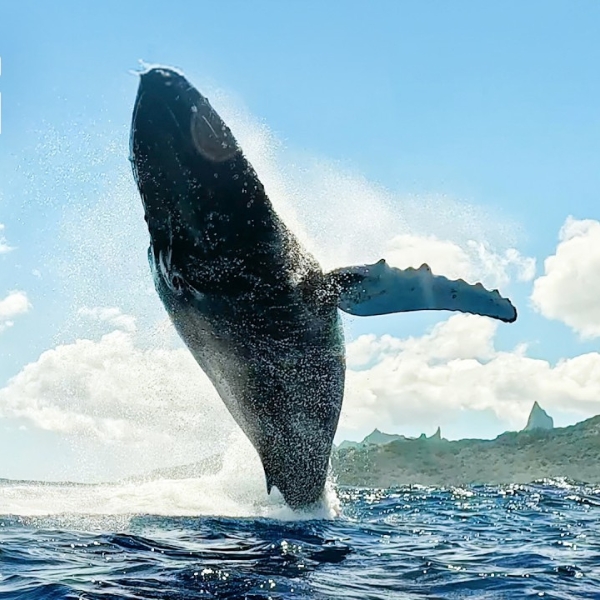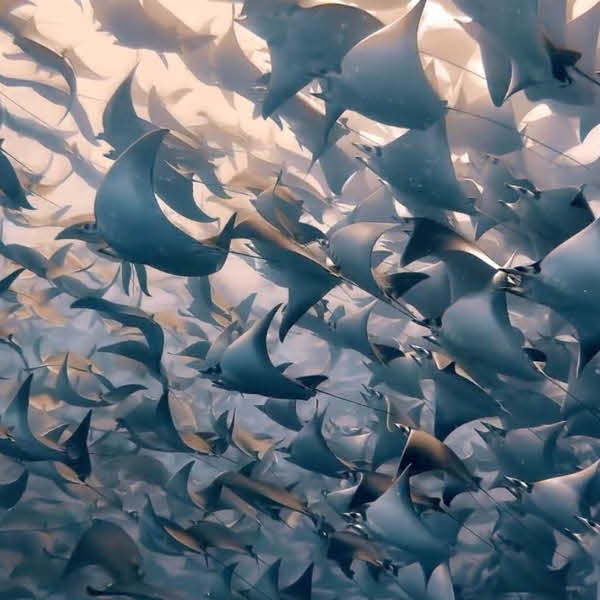Ver esta publicación en Instagram
The ocean is full of enigmatic creatures. While some are majestic like whales, others are best described as hypnotically beautiful. For example, just take a look at the National Oceanic and Atmospheric Administration's (NOAA) footage of a glass squid. Spotted off the Semidi Islands of Alaska, this creature has marveled marine scientists for its transparency.
The glass squid, or Taonius borealis, lives in the mesopelagic or twilight zone, an area that covers between about 650 and 3,300 feet below the surface. Since only 1% of incident light reaches this region, it is mostly dark, allowing bioluminescent creatures such as the glass squid to really shine.
The particular glass squid in this footage was seen during the first dive of the Seascape Alaska 3 expedition at a depth of 2,300 feet. On top of being a fascinating sight, it is clear that nature will help scientists understand its anatomy better. “The red organ in the center of the squid is its digestive gland, flanked on either side by two white, crescent-shaped organs that are the squid’s gills,” the NOAA says. “Also visible below each eye are photophores, which are light-producing organs. The eye movements shown in the video are thought to be the squid blinking,”
While the glass squid is not a rare creature, it has been hard to observe due to the nature of its habitat. “This is a fairly common squid in these waters, but the close-up imagery captured here was anything but!” the NOAA added.
To stay up to date with NOAA Ocean Exploration and their marvelous animal encounters, make sure to follow them on Instagram.
The National Oceanic and Atmospheric Administration (NOAA) captured some marvelous footage of a glass squid, or Taonius borealis, off the Semidi Islands of Alaska. This creature has fascinated marine scientists for its transparent anatomy.
NOAA Ocean Exploration: Website | Instagram | Facebook
h/t: [PetaPixel]
Related Articles:
Octopuses, Squid, Lobsters, and Crabs Now Recognized as Sentient Beings Under New UK Law
Octopuses Can Quickly Reprogram Their RNA to Survive in Warm and Cold Water
Very Rare Jellyfish Is Captured on Video for the First Time
Japanese Man Nurses Fish Back to Health and Remains Friend for Life






















































































